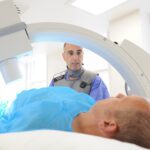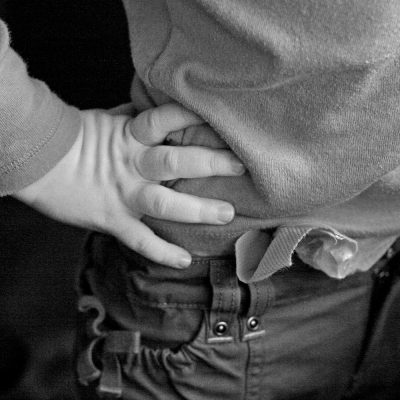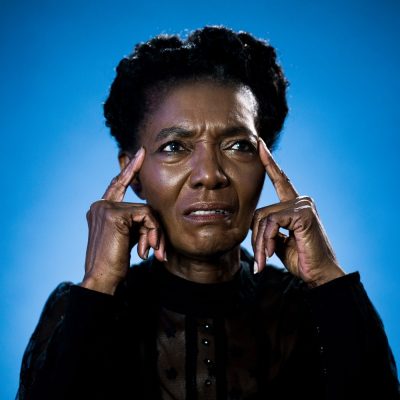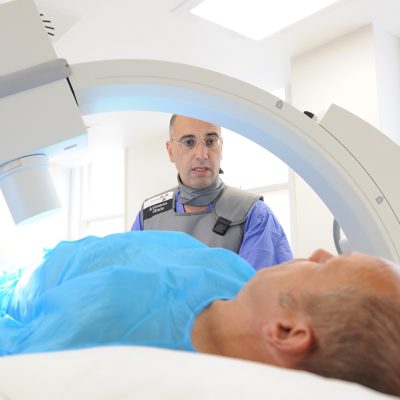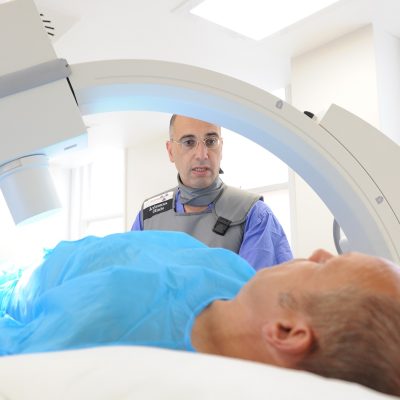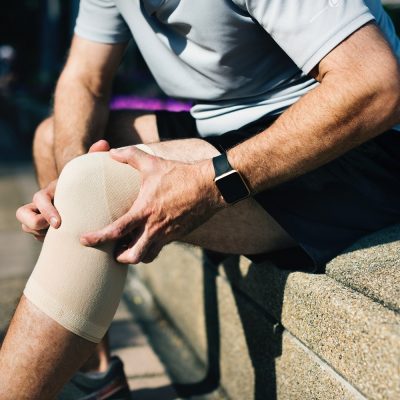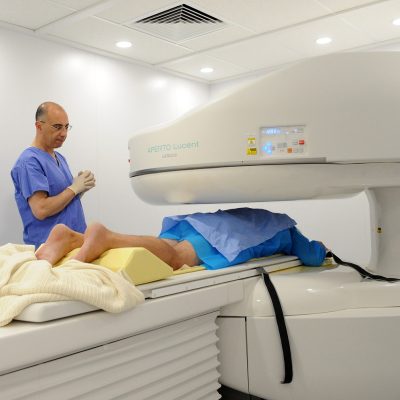Dr. Soumya Ghosh, Consultant Psychiatrist at Avicenna Clinic explains the psychology of pain.
You are said to suffer from chronic pain when it persists beyond the time (usually 3 months) that tissue healing would normally be expected to take. It was Dr. John Bonica who started the first pain clinic in Tacoma, Washington State, in 1949 and wrote the first textbook on pain treatment in 1953. Until then, chronic pain was not considered to be a medical condition that required special evaluation and treatment facilities. It was recognised early that no single specialist could address all the complexities presented by these sufferers. The multidisciplinary pain clinic is now considered the ideal facility for the treatment of pain.
Specialists in pain clinic assess whether or not the sufferer needs any medical or surgical intervention for pain before accepting the sufferer in the pain clinic. This is important because if the sufferer believes that a surgical or medical procedure is likely to be of benefit, he or she will be less inclined to cooperate with psychological technique in the pain clinic.
Sufferers engage in a wide range of pain-related behaviours, such as taking medication, careful movement and avoidance behaviours. Such ‘pain behaviours’ are often considered maladaptive since they not only result in negative avoidance and increased passivity (e.g. bed rest, complaining), but also reduce more positive adaptive behaviours, such as exercising and socialising.
A psychological assessment is needed for all sufferers attending the pain clinic to determine whether a psychiatric or psychological treatment is necessary. Psychiatrists are trained medical doctors who can prescribe medications, and spend much of their time with patients on medication management as a course of treatment. While psychologists focus extensively on psychotherapy and treating emotional and mental suffering in patients with behavioral intervention. Psychologists and psychiatrists often work together with a common goal: helping people feel better.
Psychiatric approaches:
The Psychiatric assessment will obtain an accurate account of the circumstances surrounding the onset of the pain, intensity of pain and if there is exceptional mental or physical stress just before the painful eventasthis may accompany the painful symptoms and contribute to their maintenance. It is known that sufferers,who are indistress from physical or psychiatric factors, tend to rate the intensity of their pain as higher than when they are not in that state.
One third of sufferers have a psychiatric illness, the most common of which is depression. Anxiety disorder is also common. A number of other psychiatric problems are associated with chronic pain. Depression and anxiety predict a range of negative outcomes, including greater pain, disability, and longer time to get back to work. Anxiety and depression are associated with lower pain threshold and tolerance levels.
Psychological Approaches
The majority of pain sufferers have a measurable degree of psychological distress. Pain is not just a sensory experience but also has a psychological component. What we think, what we feel and how we behave can all influence the experience of pain. Indeed, such cognitive, emotional and behavioural processes are believed to moderate pain sensation. The fact that pain experiences can have little to do with tissue damage and much more to do with how sufferers respond to pain has important implications for pain management. Various psychological therapies are being used in pain management like behavioural therapy where both physical and psychological gains in treatment are rewarded appropriately.Sufferers who complete such programmes usually find that although their pain is not greatly reduced, they are better able to manage their pain. Cognitive therapy deals with thoughts and beliefs of sufferers which are not always justifiable, like if pain interferes with a desired activity, the activity concerned should no longer be carried out under any circumstances. In addition, most sufferers with chronic pain can benefit from relaxation procedures. Hypnosis is often a sought-after option by the sufferers although the main aim of this technique should be to encourage self-relaxation procedures.
Pain management requires multi-professional approaches. At Avicenna clinic, we have a range of specialist consultants and state-of-the-art imaging department including the only open MRI in the area to deal with all cases of acute and chronic pain quickly and to deliver tailored comprehensive treatment plans. To book a consultation or for more information contact Avicenna Clinic on Tel 0330 202 0597.



